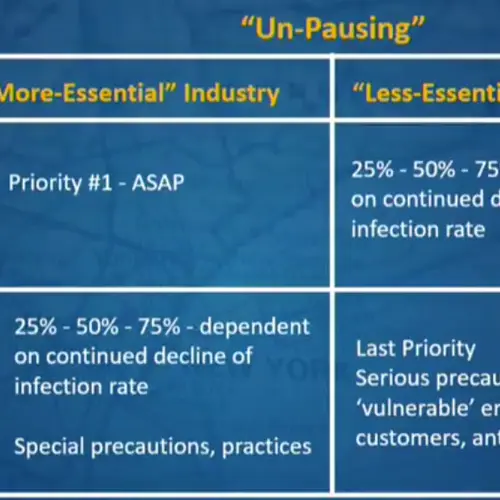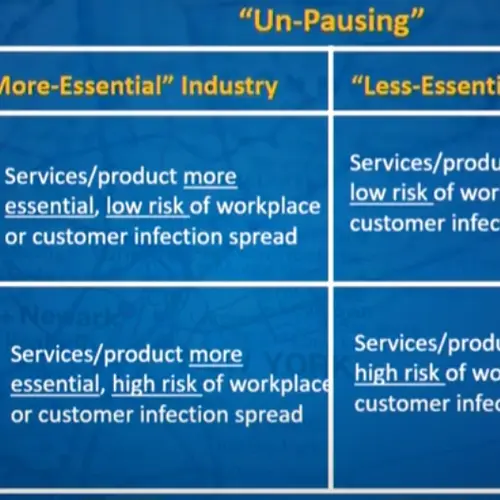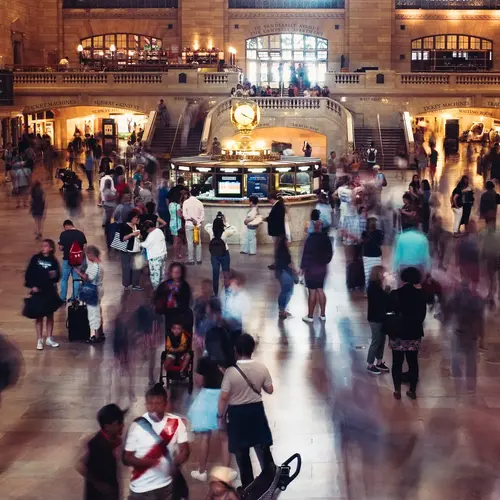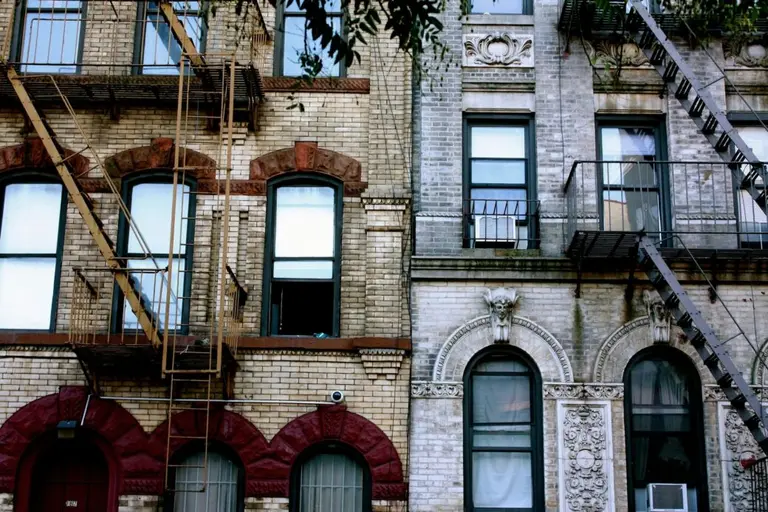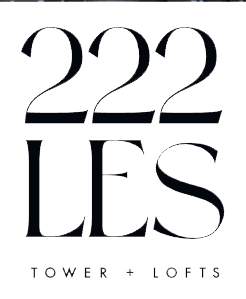New York lays out phased reopening blueprint, will begin state-wide antibody testing
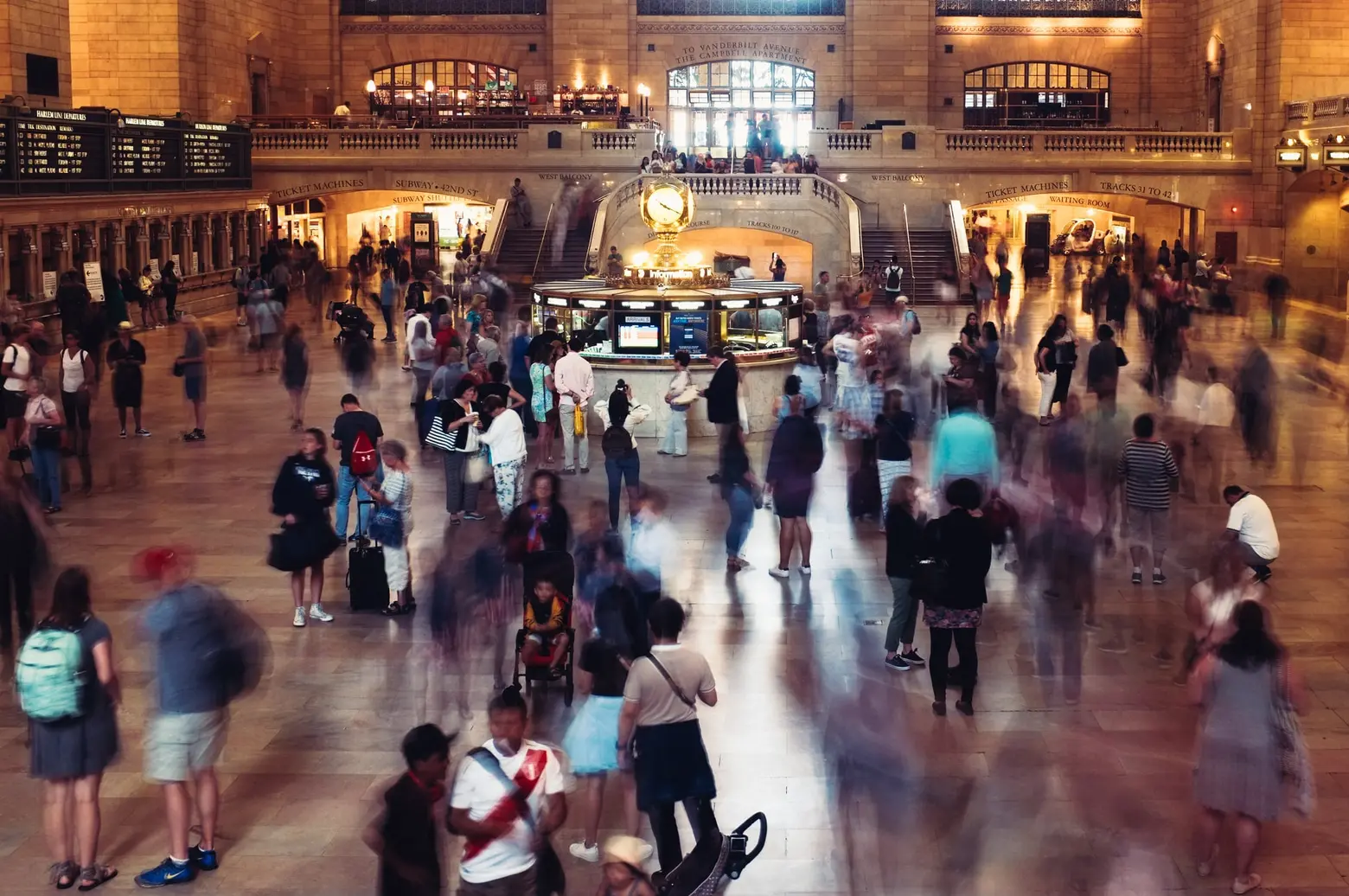
Photo by Guillaume LORAIN on Unsplash
In his press conference today, Governor Cuomo gave the first concrete information about how the state will begin the process of reopening. A basic phased approach will take into account two factors: 1) How “essential” the business service or product is and 2) What the risk of “infection spread” of the business is. To get to that point, New York will begin state-wide antibody testing and tracing. Last week, the state Department of Health announced that it had developed its own such test and this week will begin 2,000 finger prick antibody tests per day. New York has also asked the FDA to expedite the process of a similar finger prick test that could test up to 100,000 New Yorkers a day.
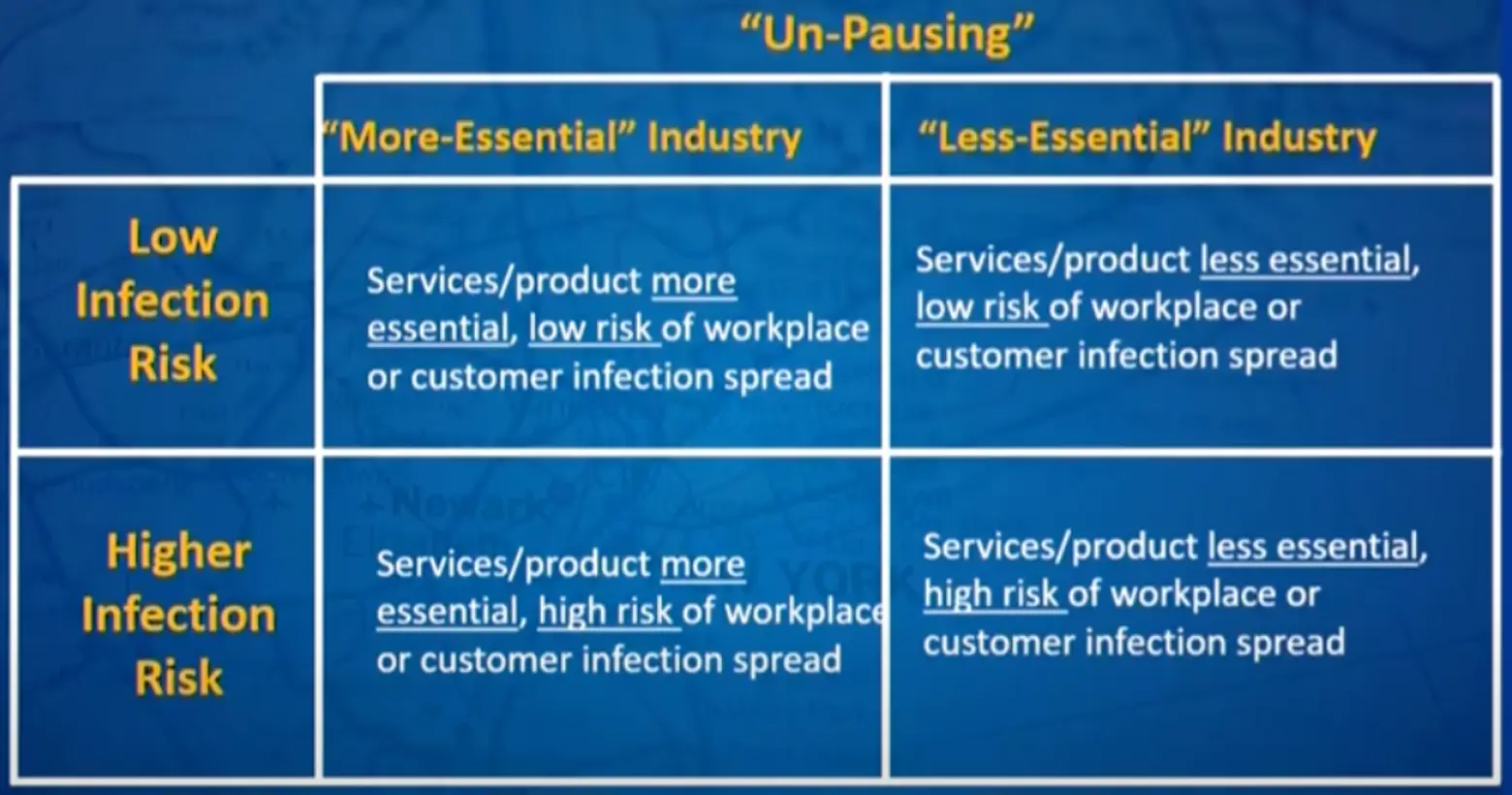
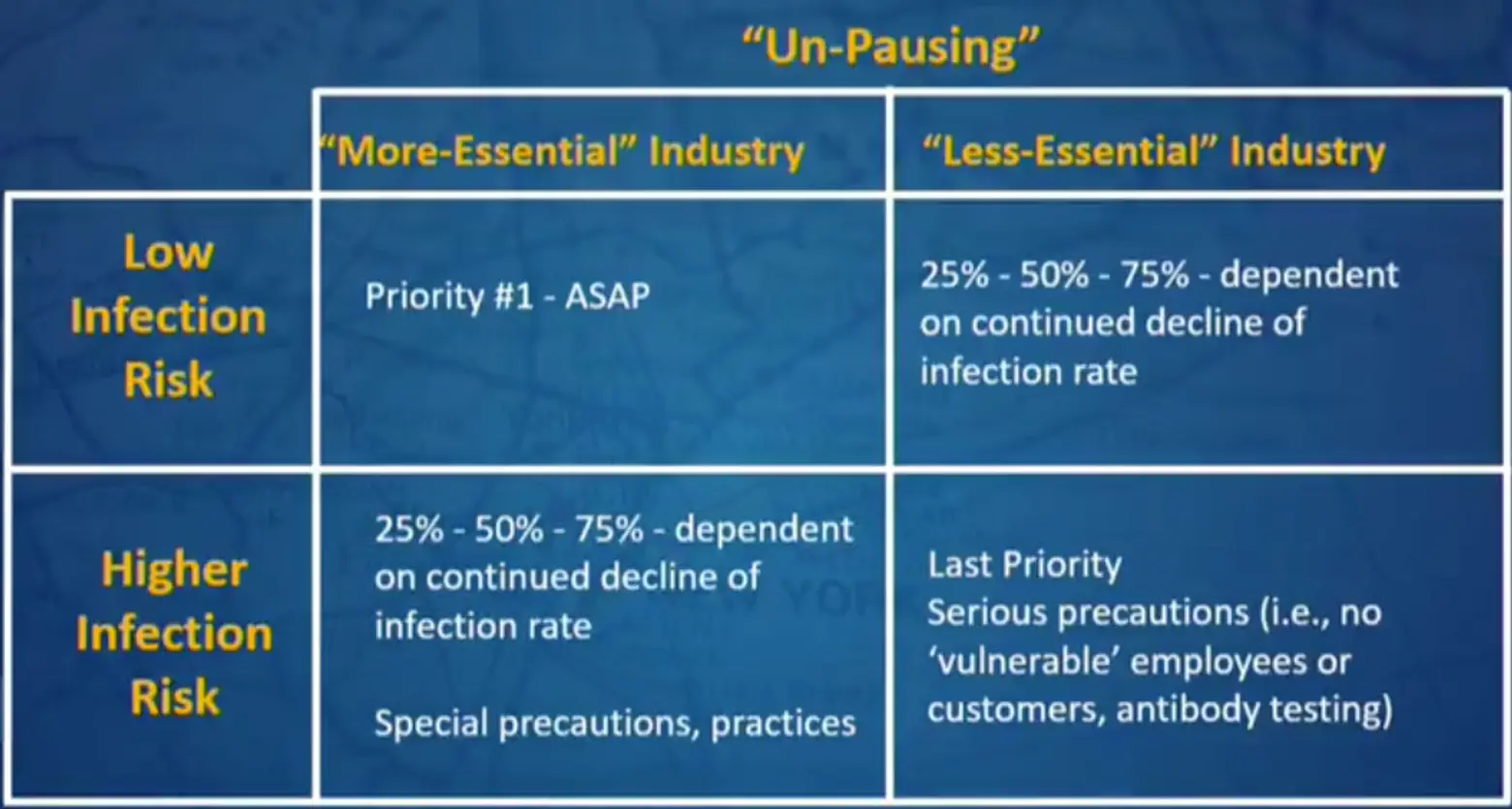
As outlined above, the governor laid out the prioritization and protocol for “unpausing” the state. The state previously provided a list of essential services, which are currently still functioning, but a secondary list will come in the near future. When it comes to risk, the governor cited examples of things that workplaces can do to lower the chance of infection spread such as cancelling meetings/conferences, keeping employees at least six feet apart, and generally rethinking their office design.
“That’s how we will inform our economic reopening, as we’re being guided by the testing/tracing, and as we’re making sure we’re not jeopardizing the success we’ve made in handling the public health issue,” said the governor. “Testing capacity to me is like what ventilators were during the first month,” emphasizing the need for federal assistance in getting testing up to scale, a task that he says no state is capable of doing on its own. Private sector companies currently are responsible for testing, but to get to capacity, massive amounts of equipment, massive lab capacity, and massive amounts of chemical agents are needed. And these private companies never anticipated such volume and are not built out to provide it. This is where the federal government comes in.
Furthermore, once you test, you have to trace the contacts, and once you have that list, someone in the public health sector has to go through those names and contact them. “That is an army of tracers,” the governor said. The antibody testing will be prioritized for healthcare workers, first responders, and essential workers.
These tests reveal whether someone had the virus and therefore has the antibodies (special white blood cells) to fight it in their body. This will show who is immune to the virus and presumably can return to work. Those with the antibodies also may be able to donate their blood. The theory is that convalescent plasma from a person with the antibodies can be used to treat a sick patient so their immune system can fight off the virus. Columbia University Irving Medical Center/New York-Presbyterian Hospital launched antibody testing on April 7, one of the first labs in the U.S. to do so.
Yesterday, Mayor de Blasio announced that New York City will start purchasing and producing 100,000 COVID tests per week by early May. These are the swab tests that say if a person is currently positive or negative for the virus.
Governor Cuomo concluded by announcing that, by executive order, all New Yorkers must now wear masks or mouth/nose coverings when in public and not able to exercise six feet of social distancing, which will go into effect on Friday.
